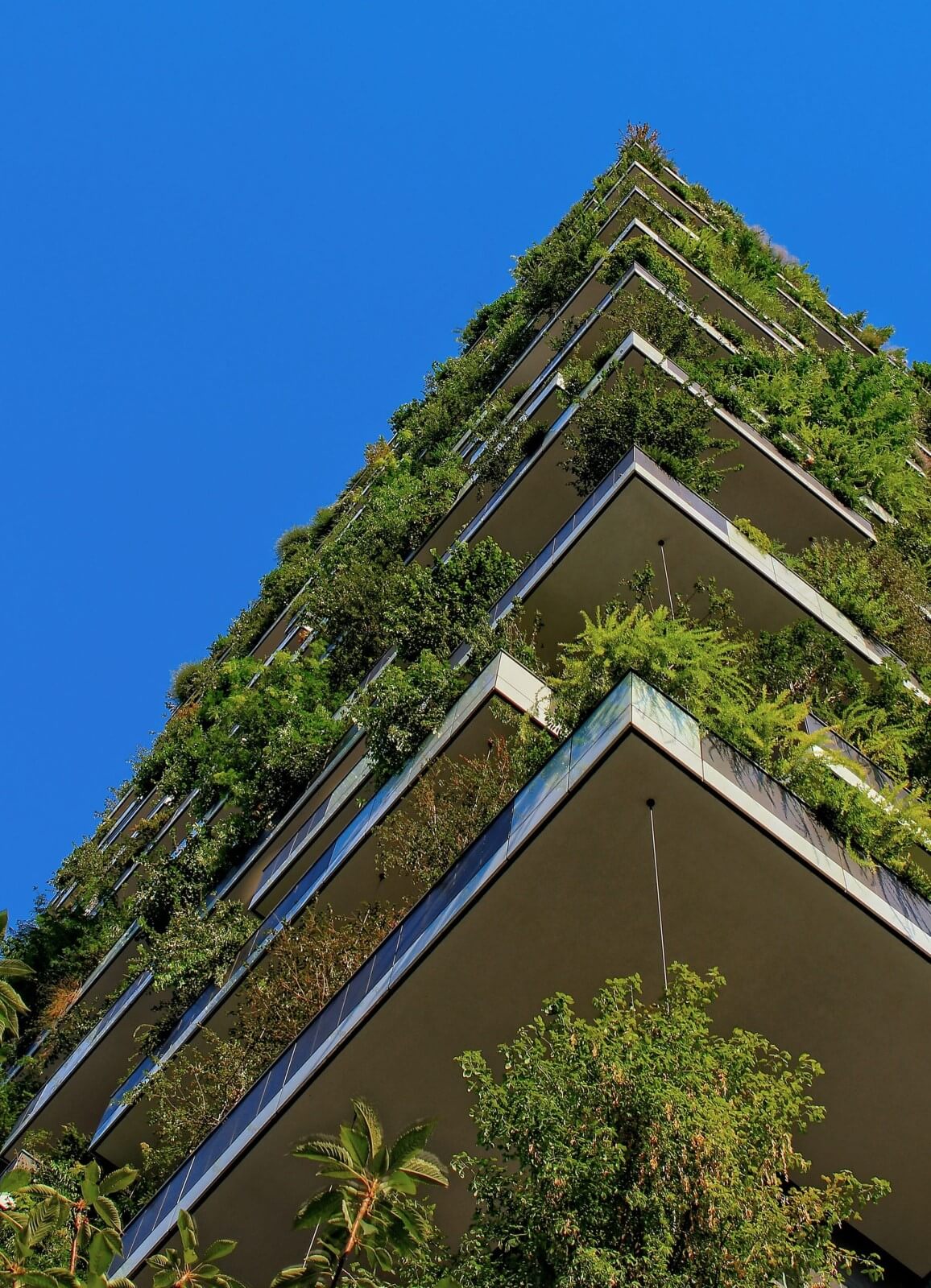Governments around the world are seeking to support the economic recovery from the COVID-19 pandemic. However, a key question remains as to whether current recovery measures reinforce existing “business-as-usual” economic structures with their associated negative impacts on the environment (or even worsen current outcomes through measures such as environmental de-regulation), or whether there is an opportunity to “build back better” – where efforts are placed to maximise the shared benefits to the economy, environment, and society. This policy brief and a forthcoming report show that there does not have to be a trade-off between economic and environmental objectives, in Southeast Asia and specifically the five focus countries of this study: Cambodia, Indonesia, Philippines, Myanmar, and Thailand.
In fact, without concerted action to address the environmental crises of climate change and biodiversity loss, long-term growth prospects in the region could be constrained, extreme weather events, and other environmental challenges associated with climate change and biodiversity will continue to impact lives and livelihoods. While recent policy measures in the focus countries contain some environmentally positive focuses (such as investments in green infrastructure), there are also areas of concern (e.g., fossil fuel subsidies and environmental de-regulation).
Five interrelated green growth opportunities are particularly relevant for Southeast Asia: 1) productive and regenerative agriculture (transforming agricultural landscapes and farming practices to improve yields while enhancing the health of surrounding natural ecosystems); 2) healthy and sustainable oceans (supporting the sustainable management of wild fisheries through ensuring biologically viable fishing levels); 3) sustainable urban development and transport models (promoting denser and better planned urban developments, and public transport systems); 4) Circular economy models (converting by-products and waste-streams across various sectors into valuable end products, while minimising waste); and the 5) Clean energy transition (including the development of renewable energy projects and enhancing the efficiency of energy use across various sectors).
Click here for the Policy Brief and click on the button below for the full report.




